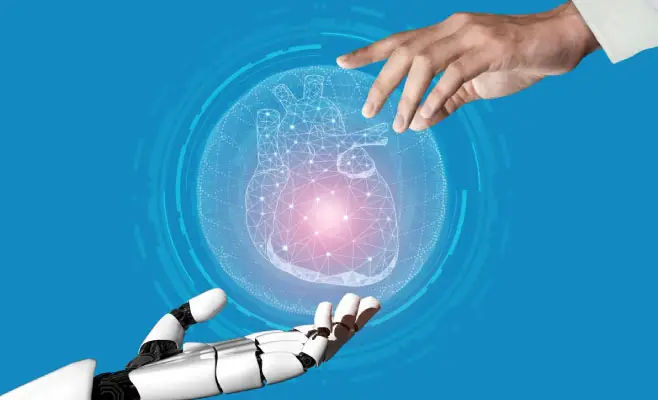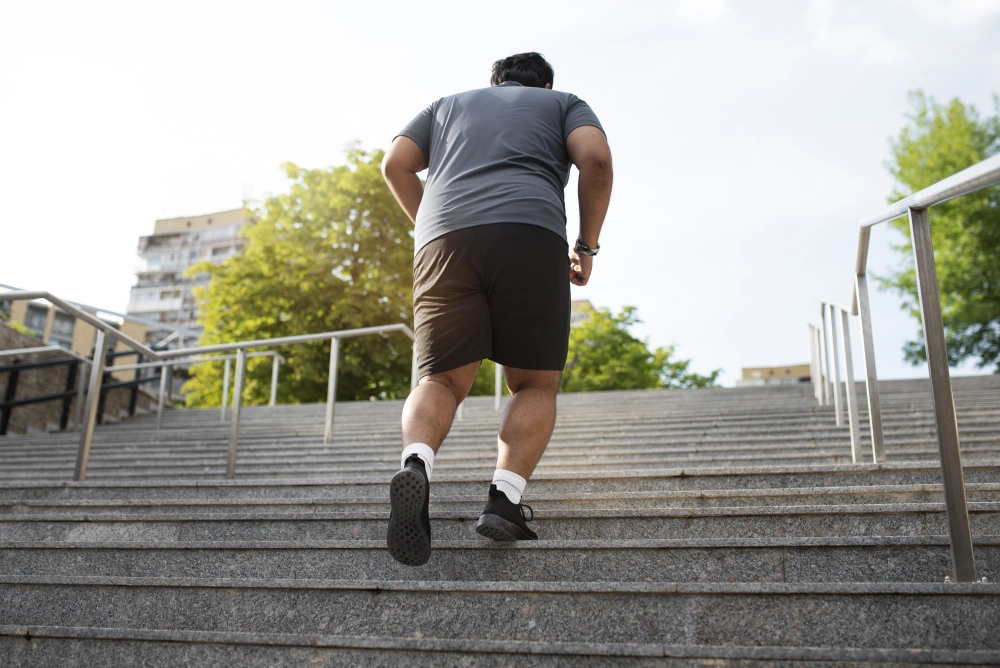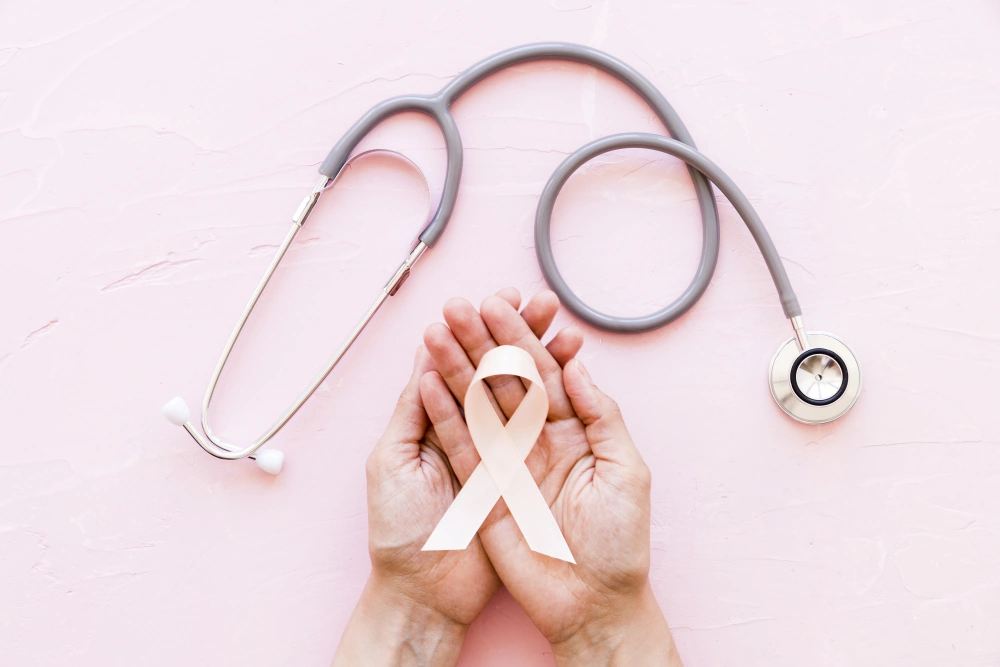Dr. Leslie Charles Lai Chin Loy
Consultant Endocrinologist
Gleneagles Kuala Lumpur
1. Do people affected by diabetes have sugar present in their urine?
Normally, when blood sugar (glucose) rises to a level above 10 mmol/L in the blood, sugar will appear in the urine. When the blood sugar levels are below 10 mmol/L, there is normally no glucose in the urine. Hence, people with diabetes who are well controlled
should not have glucose in their urine. There is, however, a new class of drugs for the treatment of diabetes that lowers blood sugar by causing the kidneys to remove sugar from the blood and passing it out in the urine, called sodium-glucose cotransporter
2 inhibitors (SGLT2i) such as empagliflozin (Jardiance), dapagliflozin (Forxiga) and canagliflozin (Invokana). If a person with diabetes is prescribed this class of drug, there will always be glucose in the urine even when glucose control in good.
2. Are people with diabetes restricted from consuming sugar?
People with diabetes should be careful about consuming too much sugar as frequent high blood sugars will in the longer term lead to many complications such as increased risk of heart attack and stroke, blindness, kidney failure, nerve damage, amputations,
cancer, dementia, increased risk of infections including tuberculosis, Parkinson’s disease, etc. However, people with diabetes who are on insulin, especially people with type 1 diabetes, may not need to restrict their sugar intake. A carbohydrate
to insulin ratio can be calculated for patients who are injecting short acting insulin before each meal. These patients can then estimate the amount of carbohydrate they are going to eat for each meal and then calculate the amount of short-acting
insulin to inject. However, the more sugar you consume, the more insulin you have to inject. Sugar and insulin both contribute to weight gain.
3. Can insulin cure diabetes?
Insulin does not cure diabetes. People with type 1 diabetes have to inject insulin. Before the discovery of insulin, people with type 1 diabetes all died young from a condition called diabetic ketoacidosis. For people with type 2 diabetes where the
condition is progressive, many of them will eventually need insulin, usually after 10 to 15 years of diabetes. We now have treatment medication that can delay the need for insulin by several years.
4. Is diabetes a chronic kidney disease and, if not, what is the difference?
Diabetes is not a chronic kidney disease but up to 40% of people with diabetes will have chronic kidney disease. High blood sugars will damage the kidneys slowly leading to either leakage of protein (albumin) into the urine and/or reduced filtration
rate. The amount of leakage of protein (albumin) into the urine is screened by measuring the urine albumin-to-creatinine ratio in the first passing of urine in the morning when one wakes up. There is now an estimated glomerular filtration rate
(eGFR) calculated whenever you have a serum creatinine measured in order to detect chronic kidney damage early. Good blood sugar and good blood pressure control can improve kidney function, i.e. improvement in both the amount of protein loss in
the urine and the eGFR. We also have certain diabetes and blood pressure medication that can protect and improve kidney function.
5. Is diabetes a curable disease?
Diabetes is usually not a curable disease. When a patient with diabetes is overweight but manages to shed many of the kilos, the diabetes may sometimes be cured. In type 1 diabetes, there may be a honeymoon period shortly after an individual has been
diagnosed that may last for several months to several years whereby glucose levels are normal and insulin may not be required. However, the honeymoon period is only temporary.
6. Are people with diabetes more prone to cold and other illnesses?
High blood sugars will weaken the person’s immunity and result in more frequent infections such as colds, skin infections, boils and abscesses, urine infection as well as tuberculosis. Hence, it is important to have good glucose control.
7. Will people with diabetes eventually go blind? Does insulin cause blindness?
Diabetes is the most common cause of blindness in the world. Hence, it is important to keep blood sugars well controlled as high blood sugars will result in eye damage. Good control of blood sugars with insulin has been shown in the longer term
to result in less eye damage and even improvement in vision. However, aiming for very tight glucose control may initially lead to a worsening of the eyes although this does not cause any significant loss of vision, and in the longer term,
tight glucose control actually improves the eyes and prevents further diabetic eye damage.









